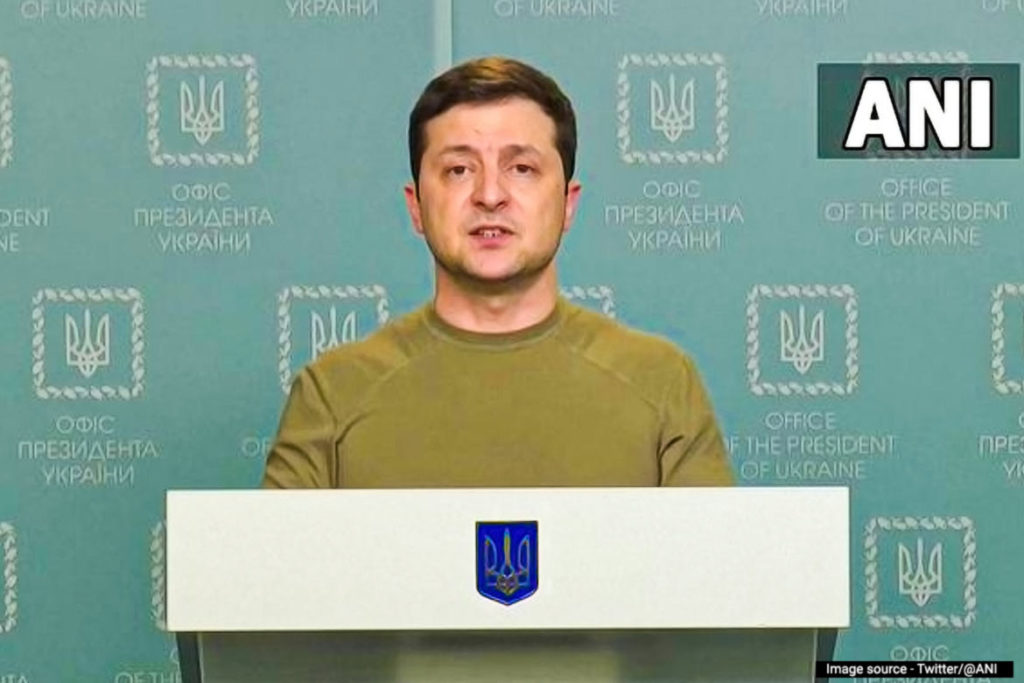- Rashid, the first lunar rover launched by the United Arab Emirates, was successful. From the Cape Canaveral Space Force Station in Florida, the United States, it was launched. At the Mohammed bin Rashid Space Center in Dubai, a moon rover has been constructed. The Arab-built moon spacecraft was sent into orbit on December 11 by a SpaceX Falcon 9 rocket. It was launched from the Florida-based Cape Canaveral Space Force Station.
- A World Bank report predicts that India will be the first nation in the world to collect $100 billion in remittances from migrant workers this year. Remittances to India are financial transfers from non-resident Indians (NRIs) employed abroad to family, friends, or other people in India, and they make up about 3% of the country’s GDP (GDP). The US has replaced the UAE as the biggest supplier of remittances to India, according to the World Bank report.
- A clash between the Indian and Chinese military on the Line of Actual Control (LAC) in the Tawang region of Arunachal Pradesh reportedly left several soldiers on both sides hurt. It happened on December 9th. At least 20 Indian Army soldiers have reportedly suffered injuries as a result of this conflict. The Chinese army has also sustained significant losses at the same time. So far, no fatalities have been reported. The Sainik Hospital in Guwahati is caring for the injured. Around 600 Chinese soldiers were reportedly present on the opposing side at the time of the incident.

Read more: Rishi Sunak is not the only Indian-origin global leader; have a look at the others
- Volodymyr Zelensky, the president of Ukraine, was named the “Person of the Year” for 2022 by Time magazine on Wednesday. The publication said he inspired Ukrainians and garnered praise from around the world for his valour in rebuffing Russia’s devastating invasion. The erstwhile comic inspired his countrymen in broadcasts from Kyiv as Russian bombs down at the start of the war and journeyed around his war-torn country, the newspaper stated in awarding its yearly title.
- The International Year of Millets – 2023 opened with a ceremony arranged by the Food and Agriculture Organization of the United Nations (FAO) in Rome, Italy. India will support the growth of coarse grains. Additionally, a campaign will be started to encourage the intake of coarse grains that are thought to be nutritious. This has been declared by Prime Minister Narendra Modi. This was said in a statement he gave to attendees of the Rome, Italy celebration of the “International Millet Cereals Year-2023.”

- In a sudden reversal, China has announced a number of steps that reduce strict lockdowns and order schools without known infections to resume regular lessons, taking down some of its most severe anti-COVID-19 regulations. In a 10-point statement, the National Health Commission specified that, with the exception of vulnerable locations like nurseries, senior care institutions, and schools, COVID-19 testing and a clean bill of health displayed on a smartphone app would no longer be required.
- In Peru, political unrest has once more occurred. President Dro Castillo was impeached by the Peruvian Congress. Vice President Dina Boluarte has been appointed as the nation’s new leader in his place. A woman has been elected president for the first time in more than 200 years of democracy. The Peruvian Congress voted to impeach Dro Castillo after he attempted to dismiss the nation’s legislature and impose an emergency administration.

- According to Indonesian authorities, Mount Semeru erupted on December 4, covering highways and residences in volcanic ash and forcing over 2,000 people of the province of East Java to flee their homes. The lava dome at the top of Mount Semeru, which rises 12,060 feet above sea level at its highest point, was eroded and collapsed as a result of monsoon rains.
- The New Zealand Parliament has approved a measure outlawing tobacco cigarettes. Under this, no smoking-related products may be purchased by those who were born after 2008. The New Zealand economy will lose Rs 26 400 crore as a result of this. The New Zealand government intends to rid the nation of tobacco and cigarettes. Ayesha Werral, the health minister for New Zealand, presented the legislation to lawmakers. He described it as a step toward a “Future free of smoke.” He declared that thousands of individuals would now lead happy, long lives.
- The declining young population has long caused the Japanese government concern. The government is doing everything it can to encourage parents to have children in such circumstances. The government in that country will now boost the amount granted as help for having children, according to a story from Japan Today. In this regard, Prime Minister Fumio Kishida met with Japan’s Health Minister Katsunobu Kato, who advocated raising the amount of assistance to Rs 48,000. Currently, financial support totaling more than 2.5 lakh rupees is provided to the parents in exchange for their cooperation when a child is born in Japan. It will now be decided to raise it to three lakhs. This will be put into effect beginning with the 2023 fiscal year.
